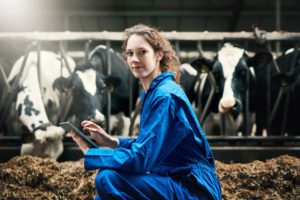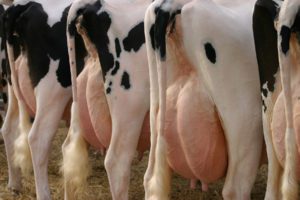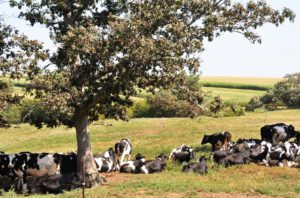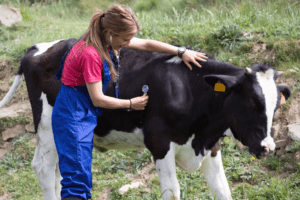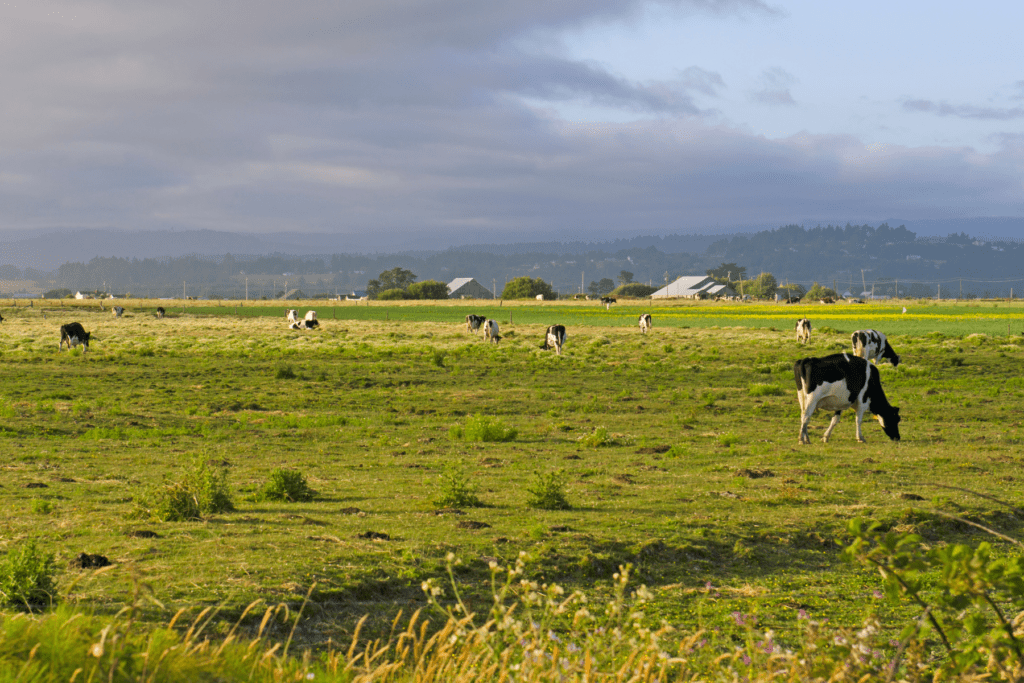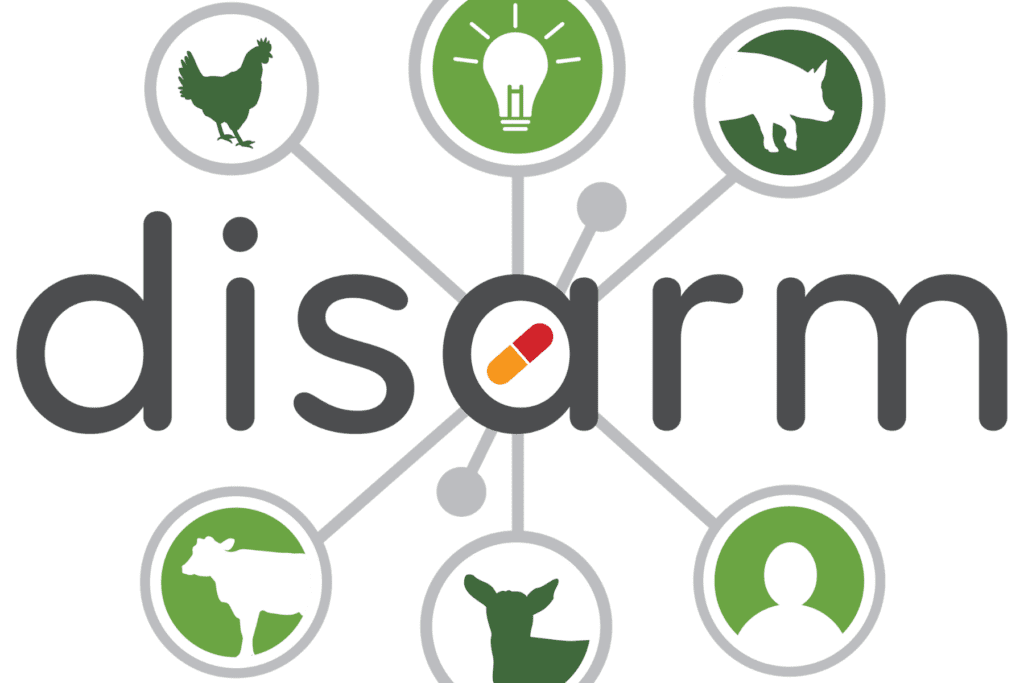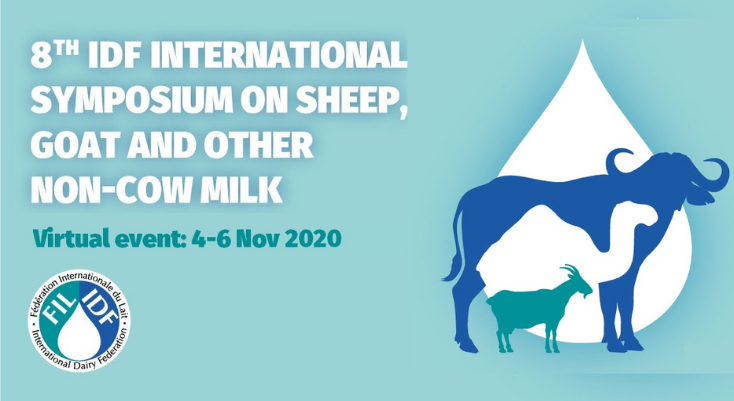Share this page
Calf care from
birth to weaning
The animal health and welfare management
of calves from birth to weaning is of great importance to the dairy sector, as healthy calves lead to healthy cows.
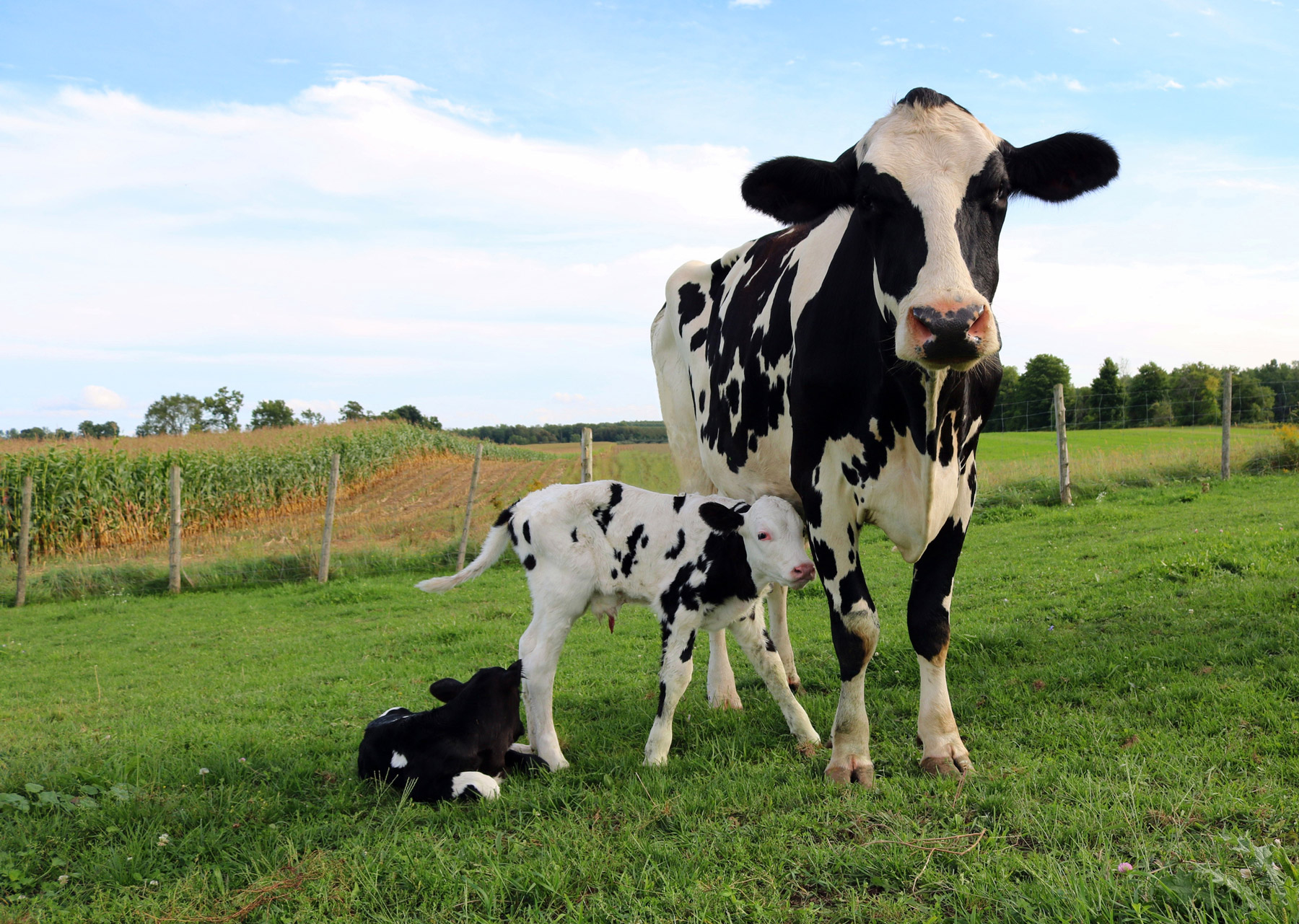
Good calf care is vital, as healthier calves lead to healthier and more productive cows.
The dairy sector is committed to implementing best practices to ensure high levels of animal health and welfare. Good husbandry practices are an important contributor to animal health and welfare on the farm. Young dairy animals that are cared for appropriately are in a better state to combat their ailments, thus reducing need for antibiotics. At the heart of all these challenges is the overall benefit of keeping calves feeling well.
IDF promotes the implementation of good animal welfare practices in dairy production at global scale and refers to key standards. To support the global dairy sector, IDF has developed a set of health recommendations regarding the welfare of young dairy animals:
- Calving areas should have high standards of hygiene, be sheltered, and have appropriate bedding.
- An appropriate birthing plan should consider issues such as choice of sire; safe birthing facilities; and regular checking of animals to ensure prompt, experienced help is available if needed.
- Newborn dairy animals must receive adequate colostrum, both quantity and quality.
- The frequency of inspection of stock will depend on the circumstances and management systems
- More than one daily inspection is particularly important in the case of animals close to giving birth, newborn, and newly weaned calves.
- If disbudding is performed, should be done before 2 months of age and follow appropriate birthing and weaning practices.
- Calves should not be offered for sale until they are sufficiently hardy to be transported. Adequate body weight and dry navel are good indicators.
- Appropriate transport conditions stipulated in national welfare regulations or codes of practice should be followed.
The IDF is gathering existing scientific and good management practices addressing animal health and welfare outcomes across a variety of different calf management systems. This will include specific consideration on new calf management systems as well as reducing stress for cow-calf separation.
Video: IDF and DISARM webinar on ‘Management of calves from birth to weaning’
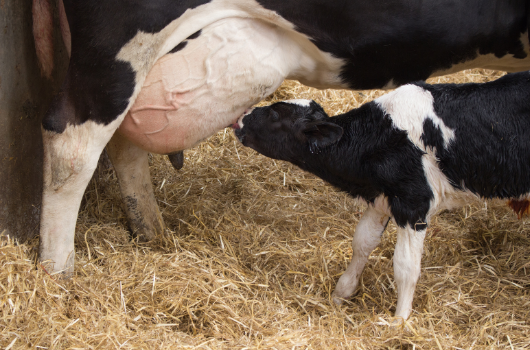
The dairy sector supports animal welfare
The dairy sector is committed to implementing best practices to ensure animal welfare based on scientific evidence and reference standards. The IDF promotes the implementation of good animal welfare practices in dairy production at global scale and refers to key standards.
The IDF is actively contributing to the work on animal welfare of the World Organisation for Animal Health (OIE), and the International Organization for Standardization (ISO).
Key elements of healthy calf rearing good practice
Colostrum
Newborn dairy animals must receive adequate colostrum, both quantity and quality. If colostrum is not available, an appropriate commercial colostrum substitute should be provided.
First feeding
First colostrum feeding is preferably as soon as possible or latest within six hours of birth.
Fulfilling the need to suckle
In situations when pre-weaned calves cannot suckle, they should receive liquid feed in a way that fulfils their need to suckle.
Weaning
Pre-weaned calves should not be weaned off liquid feeds until the rumen has developed sufficiently to allow it to accept solid foods. Weaned heifers should have access to balanced solid feed of good quality from an early age to promote good rumen development. Cud feeding may be a good alternative for the development of rumen physiology in weaned replacement heifers.
Feed and water
All feeding equipment used for young animals should be thoroughly cleaned after use. Feeds and grassland/pasture use should be monitored to deliver appropriate quality and amount of feed to growing weaned replacement heifers. Water must always be accessible for pre-weaned calves.
If you want to know more, please see Bulletin of the IDF N° 498/ 2019: The IDF Guide to Good Animal Welfare in Dairy Production 2.0
This detailed guide is a collaboration with the Food and Agriculture Organization of the United Nations (FAO) and the World Organisation for Animal Health (OIE). It is intended for use by farmers, organisations, dairy processors, and farmer organisations.
Learn more about animal health
& welfare
The breadth of issues IDF covers in its work is extensive. Find out more about the work we do.
Promoting the welfare of dairy animals
For a dairy farmer to be successful at producing milk of good quality, the welfare needs of dairy animals must be met.....
Read MoreExcellent udder health for high quality milk
Excellent udder health during lactation results in high quality milk.
Read MoreHeat stress in dairy cattle
Heat stress in dairy cows can have negative consequences for milk production, and for reproduction, welfare and health.....
Read MoreMinimizing the need for antimicrobial use
To minimize the need for antimicrobial use, the dairy sector encourages good animal health and welfare.....
Read MoreHeat stress in dairy cattle
Heat stress in dairy cows can have negative consequences for milk production, and for reproduction, welfare and health.....
Read MoreRelated reports & publications
IDF provides a permanent source of authoritative scientific and other information on a whole range of topics relevant to the dairy sector.
Related news & insights
Keep up to date with the latest news and insights from leading experts in the global dairy sector.
Dairy animals and their role in a sustainable food system
Over the past few months, discussions on how to develop sustainable food systems have been in the spotlight, and was one of the key topics at the UN....
An action plan for a climate resilient dairy sector
In a preview article from the forthcoming IDF Dairy Sustainability Outlook edition 3, which will be released in June, we look at how the Dutch dairy....
IDF joins new H2020 consortium to reduce AMR
Global dairy experts meet in Copenhagen to discuss pressing animal health issue Leading global experts in udder health from no less than 25 countries....
IDF Symposium on goat, sheep & other non-cow milks goes digital
Good news for those interested in the world of non-cow milks as the 8th IDF International symposium on sheep, goat, and other non-cow milk, moves to....






